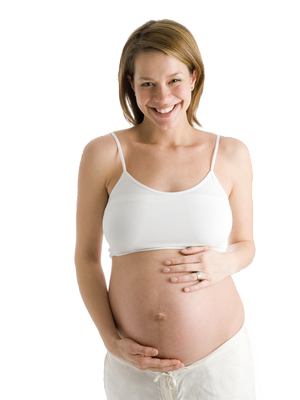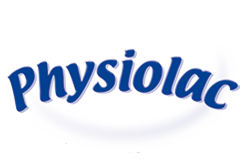
Essential nutrients
Minerals
This section provides brief and essential information about important nutrients during pregnancy and their sources:
Iron:
Why take it: During pregnancy, iron intake must be adapted to satisfy increased blood volume and the baby's requirements. An insufficient intake before and during pregnancy puts the mother and baby at risk of developing anaemia.
Main sources: Red meat, liver, fish, egg yolk, lentils, spinach etc.
Calcium:
Why take it: Calcium has a major role to play in your baby's bone and teeth formation. It thereby contributes to maintaining bone store during and after pregnancy. It also plays a role in breast-feeding.
Main sources: dairy products and dried figs, dried beans, wholemeal bread and some vegetables such as watercress, cabbage, not forgetting mineral water.
Iodine:
Why take it: Iodine is essential for thyroid gland function and the baby's brain development.
Main sources: it is found in all seafood but is also found in mineral water and vegetables such as leeks, watercress, spinach, green beans, turnips, onions, garlic, cabbage, carrots and radishes.
Vitamins
Vitamin C:
Why take it: It is an essential vitamin as it is not produced by humans. Vitamin C helps to fight against fatigue and cramps; it increases resistance to infection and encourages iron absorption in the blood. It is essential during pregnancy to keep the mother and baby in good health.
Main sources: in fresh fruit such as kiwis, guava, mandarins, lemons, oranges, strawberries, mango and some vegetables (peppers, parsley, etc.).
Vitamin B9:
Why take it: Vitamin B9 requirements are greatly increased during pregnancy (more than double). This vitamin is particularly used by the foetus for the beginnings of the nervous system. A deficiency or lack of this vitamin can cause malformations and/or congenital defects in the neural tube.
Main sources: Most vegetables, to be consumed "without moderation"!
Vitamin D:
Why take it: Its primary role is to maintain bone integrity for pregnant or breastfeeding women, to ensure skeleton development of the foetus and produce breast milk.
Main sources: in animal-based foods such as fish oils, etc. Also, sun exposure (10 to 15 minutes 2 to 3 times a week) allows vitamin D to be made (in fact, vitamin D3 is made in the skin through the action of UVB rays).
Proteins
Why take it: Proteins are macro-nutrients found in all living organisms. They are essential for a baby's tissue development.
Main sources: meat and fish, eggs, dairy products, wholemeal cereals.
Essential fatty acids (EFA)
Why take it: Some fatty acids are "essential" because they are not made by the human body. They are "good fats" necessary for the baby's brain development, vision and skin. It is recommended having one EFA source in each meal.
Main sources: oily fish (salmon, sardines, herring, mackerel), vegetable oils (soya, rape, sunflower) and nuts.
Dietary fibres
Why take it: Dietary fibres are not digested by the stomach and intestine. They enable increase in alimentary bolus and improve stool consistency; they also stimulate intestinal contractions. Some specific fibres, called oligo-saccharides, develop beneficial colic flora. Good bacteria multiplies to the detriment of bad ones.
Main sources: Mainly found in wholemeal cereals, legumes, vegetables and fruit.









